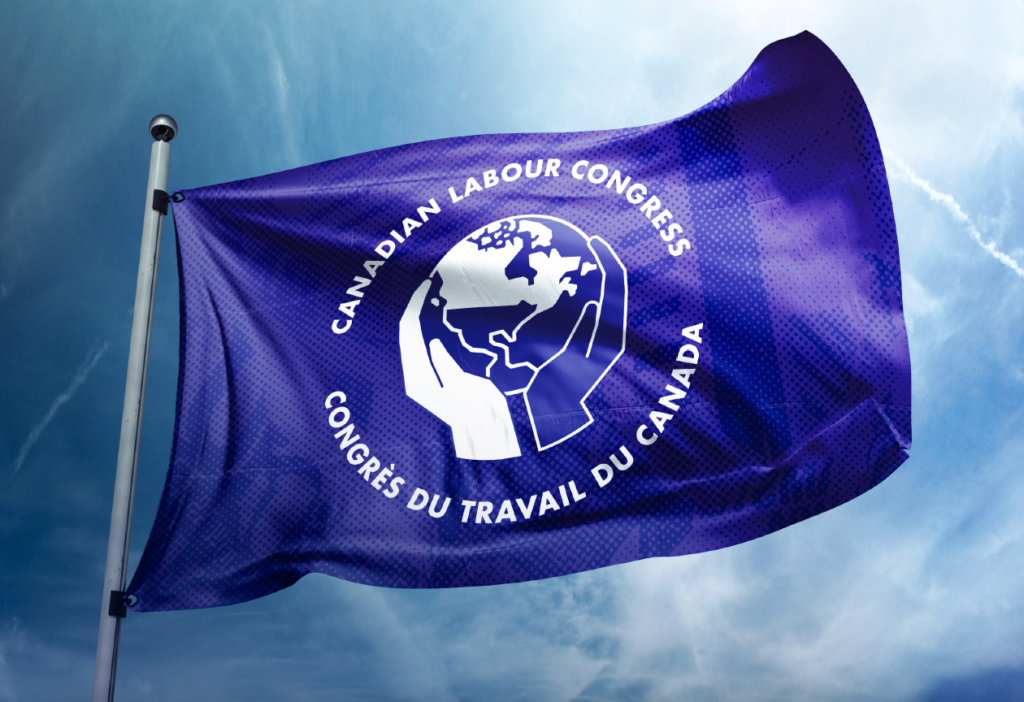
Reject corporate gaslighting and deliver help for people in Budget 2024
By Bea Bruske, President of the Canadian Labour Congress as published in iPolitics
We hear a familiar call coming from wealthy interests – joining forces once again with Conservatives – banging the drum for more corporate tax giveaways and deeper cuts to government spending in the upcoming Budget. Bay Street analysts and bank lobbyists loudly lament Canada’s “tumbling productivity”, sneeringly spreading blame on both workers and the government.
As Budget 2024 approaches, we must confront these anti-worker narratives head on. Because we’ve seen this movie before and, spoiler alert, it really doesn’t end well for workers and families.
Business lobbyists argue wages should be dependent on productivity when it suits them but ignore how for more than 30 years, pay for the bottom 80% has lagged far behind productivity growth. And that’s just the tip of the iceberg of how imbalanced our things have become.
A February 2024 report from Jim Stanford and the Centre for Future Work showed that “corporate profits remained historically high in 2023, despite the stalling of economic growth, rising unemployment, and stagnating consumer demand.” Even the Bank of Canada’s January 2024 Monetary Policy Report acknowledged that “higher wage costs could be absorbed by businesses’ profit margins.”
So, let’s not get taken in by corporate gaslighting that takes aim at workers’ wages and public investments. Government should steadfastly reject a corporate narrative that rests its case on mistreating workers. Instead, government can use the upcoming budget to push companies to invest in their workforce. Things like new incentives to improve training and upskilling, and measures that will create good, sustainable union jobs in low-carbon industries.
With a looming recession, rising layoffs and so many struggling to get by, it would be devastating to families if we cut help now. The reality is slashing our social safety net will only weaken our economy.
National child care has meant more families can find affordable spaces and more women with young children could join the workforce. Creating affordable non-profit housing means more families have an affordable place to call home. According to a 2023 Deloitte report, increasing community housing to the OECD average by 2030 “would boost economic productivity by a staggering 5.7% to 9.3%.” Universal pharmacare will improve health outcomes and provide tangible, financial relief to families, while strengthening EI will mean more workers getting help when they need it most.
Can we afford these investments? Absolutely. Canada is a significant economic power. We’re in the top ten economies in the world with one of the lowest debt-to-GDP ratios in the G7. We can also make profitable corporations pay their fair share and use that revenue to help people.
We know what a Pierre Poilievre budget looks like. Poilievre and the Conservatives slashed programs and services and radically cut corporate taxes last time in power. This boosted companies’ bottom line but didn’t spur businesses to invest in their workforce. Instead, we saw CEOs acting like real-life Scrooge McDuckshoarding ever-growing piles of cash. Just like today, companies cry poor while handing out record bonuses to top executives.
Chrystia Freeland must reject the false narratives flooding in from business lobbyists and fight back against a vision of a Canada where corporations take care of themselves while our government stops caring for people. On April 16, let’s see a budget that puts workers and families, not corporate interests, first.
